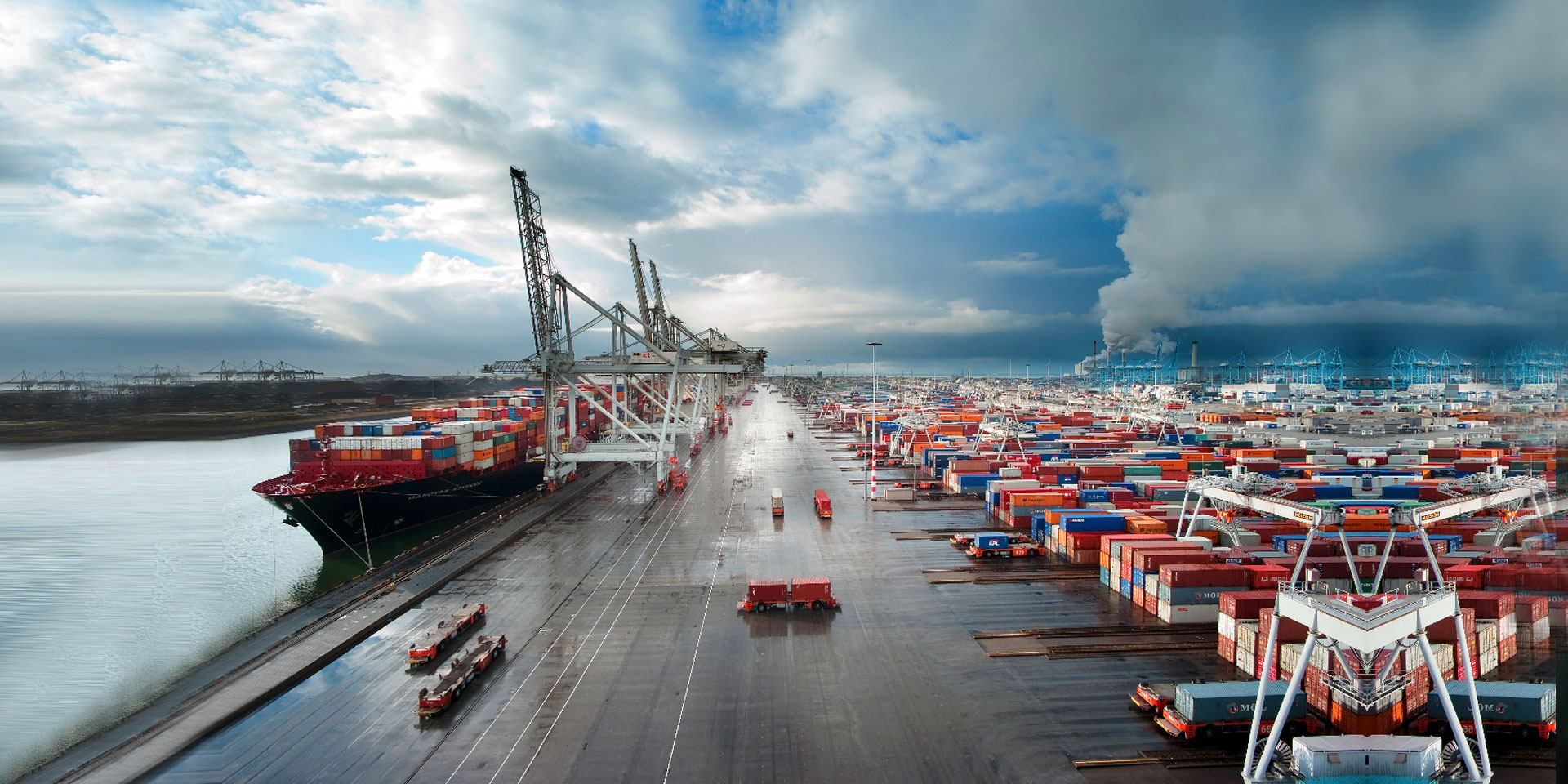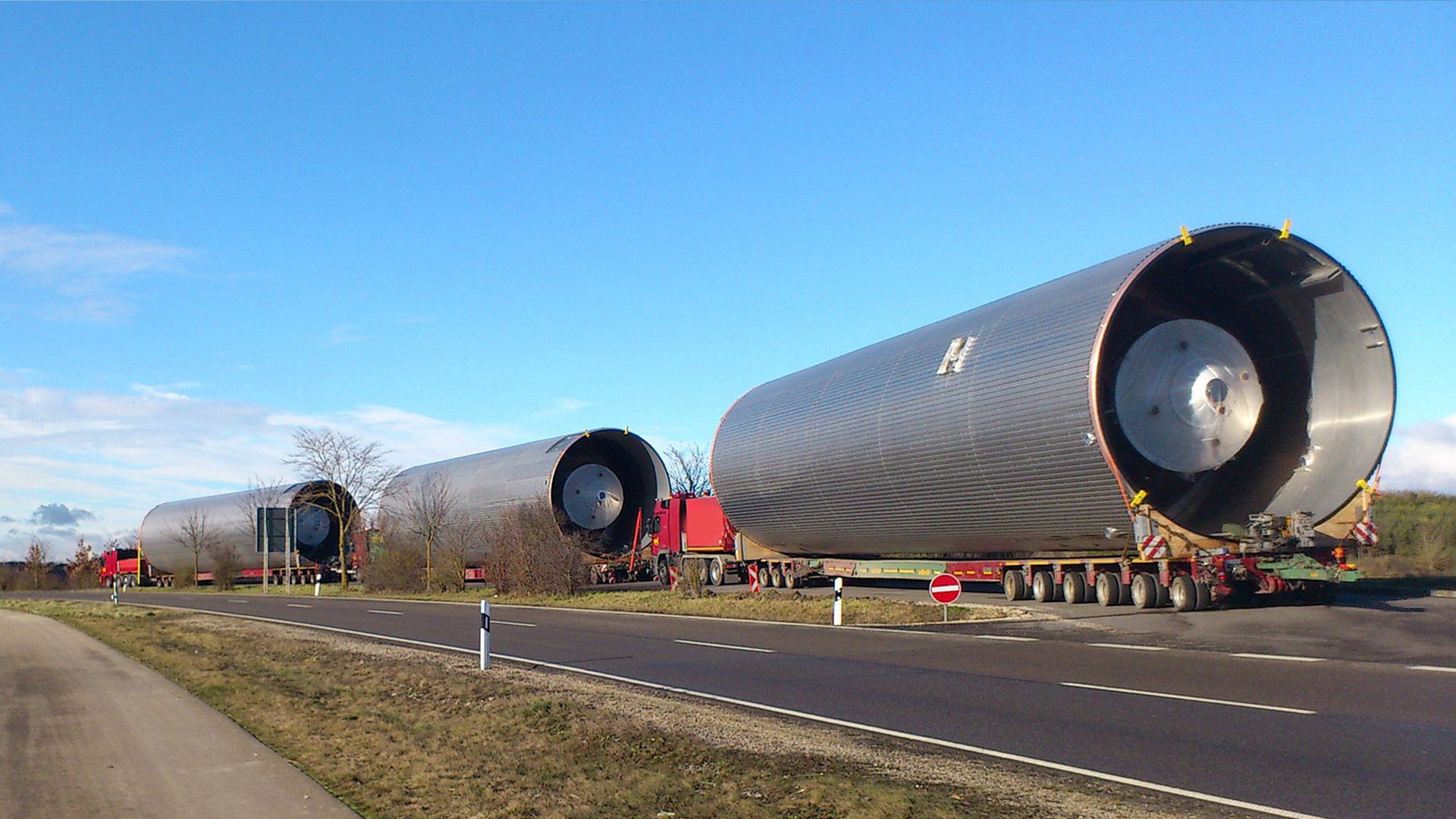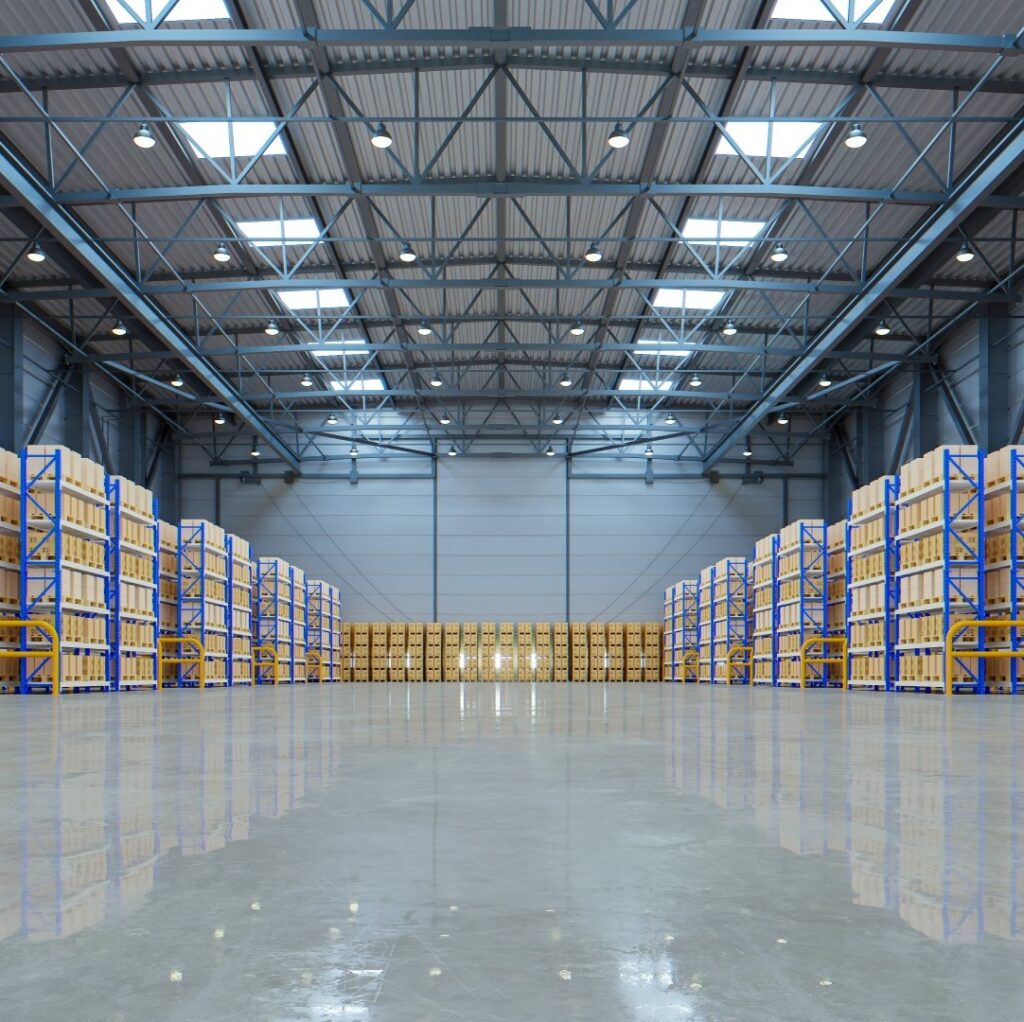Coastal shipping refers to the movement of goods and passengers along the coastlines without venturing into the deep sea. In India, this mode of transport plays a crucial role in connecting various coastal states, contributing to regional economic development. However, its share in the overall transport sector remains relatively modest. The Ministry of Ports, Shipping, and Waterways has been implementing several initiatives to boost the sector. These include policy reforms, infrastructural investments, and incentives for using coastal routes. Despite these efforts, the industry faces challenges such as inadequate port infrastructure, regulatory hurdles, and competition from road and rail transport.

The Untapped Potential
Economic Efficiency : Coastal shipping offers a cost-effective alternative to road and rail transport. It is particularly advantageous for transporting bulk commodities such as coal, iron ore, and petroleum products. By reducing logistics costs, coastal shipping can enhance the competitiveness of Indian industries.
Decongesting Land Transport : By diverting cargo from congested highways and rail networks, coastal shipping can alleviate traffic congestion and reduce wear and tear on infrastructure. This can lead to lower maintenance costs and improved efficiency in the overall transport network.
Boosting Regional Economies : Coastal shipping can stimulate economic growth in coastal regions by improving connectivity and facilitating trade. Ports can become hubs of economic activity, attracting investment and generating employment opportunities.



